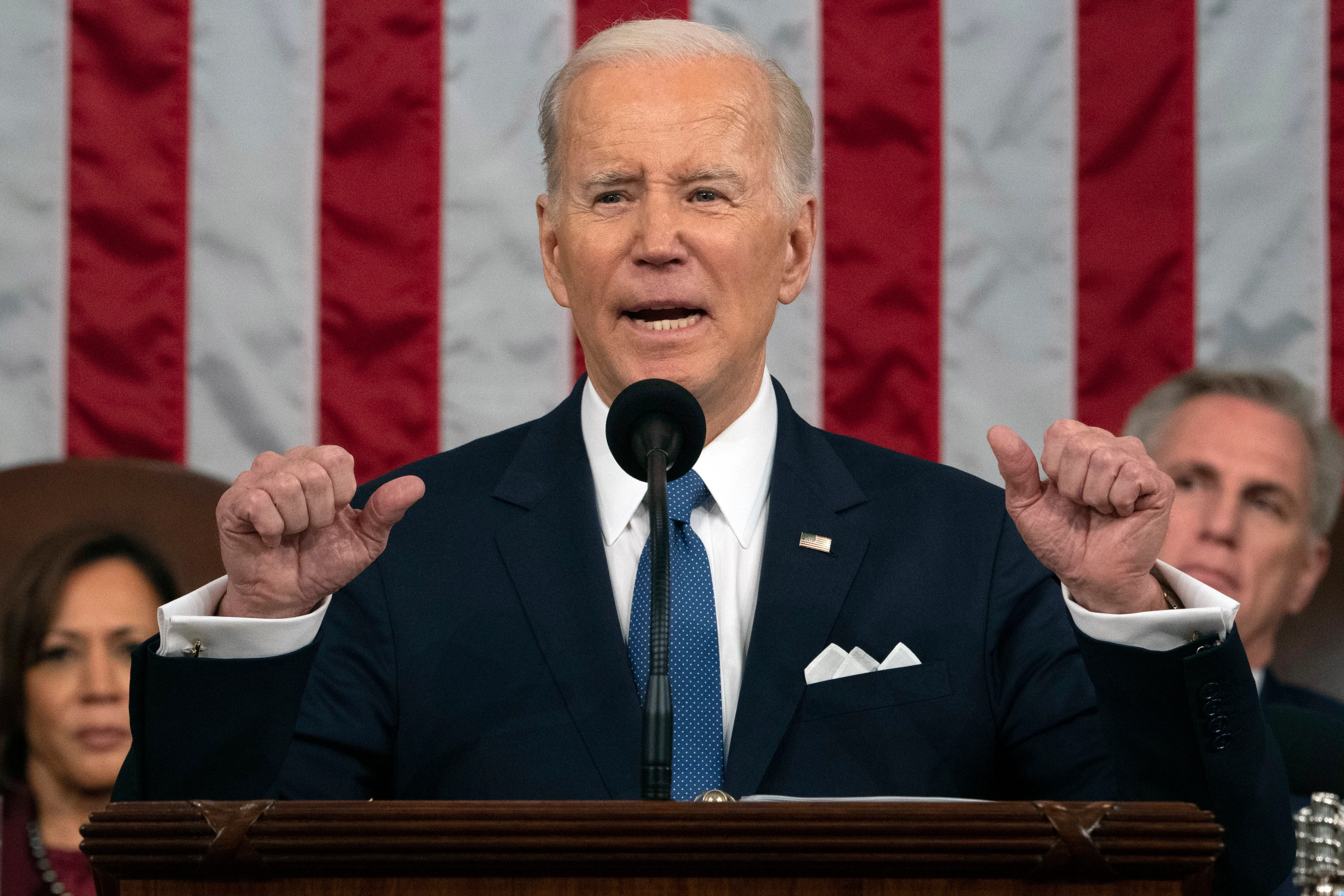Published: February 13,2023

By Gerald Mbanda
Following the incident of US shooting down a Chinese civilian airship (balloon) over which Chinese authorities had informed Washington that it had deviated by accident and used for meteorological purposes, Washington insisted it was on a spaying mission. On Tuesday last week while giving his second State of the Union address, Biden repeatedly mentioned China and explained US preparedness to compete with China at the same time seeking to avoid conflict.
“I’ve made clear with President Xi that we seek competition, not conflict,” Biden said. “I will make no apologies that we are investing to make America strong. Investing in American innovation, in industries that will define the future and that China’s government is intent on dominating,” he further said.
Biden also mentioned that his administration is “committed to work with China where it can advance American interests and benefit the world.”
The first absurd reality is that facts prove that the US does not favour competition but treats China withsuffocating markets for Chinese products, smear campaign, outright provocation and being considered as an enemy country. As usual, the US administrators do not match their words with actions. They have double language saying one thing to confuse the world and doing the opposite.
Let us look at this one simple example. In 2018, MengWanzhou, chief financial officer of Chinese technology giant Huawei was detained in Canada on the request of the US on alleged fraud charges. Huawei has been blocked from selling network systems in the US since 2012, and the US argued its allies to reject using Huawei technology. Huawei responded by telling the US that American ambitions to lead the world in the next generation of mobile internet may not be realized if Washington continues to block the company from participating in the US market.
Huawei executive Mr, Xu Zhijun said that, “For Huawei, as leader in 5G technologies, we don’t havethe opportunity to serve the US consumer with 5G solutions and services, and then the US market is a market without full competition while still blocking leading players from participation. Now, I’m not sure whether they can really deliver their objective of becoming the world’s No. 1 in 5G. This is just one example that shows Biden is not sincere with himself when he talks about seeking competition with China.
The rise of China has become the biggest threat to the US hegemony and that’s why Washington believes much in the “China threat theory.” The China threat theory assumes that China will not rise peacefully, that it actively seeks to replace western global dominance of the current world order, and that the West must restrict China’s rise to prevent serious global consequences. Since 1949, has not been at war with any other country contrary and her foreign policy is of promoting peaceful coexistence and a community with a shared future for mankind. To the contrary, the US is constantly at war with other countries since WWII. Political analysts wonder which of the two countries pauses serious threat to world peace and security.
The China threat theory appeared in US media in the 1990s when China’s economy started growing rapidly. The threat was categorized as ideological, economic, and strategic. Perceptions of China as an economic threat have remained consistent until today. The case of Huawei is an example of how the US has manufactured the China threat narrative and wants the whole world to believe this big lie.
China welcomes sincere and healthy competition with US although this cannot be realized any time soon until when the US adopts an objective and rational perception of China. The US must change her foreign policy not only on China but on her relationship with developing countries or else will remain isolated for meddling in other countries’ affairs trying to dictate how they should run their own affairs.
The Dean of the Lee Kuan Yew School of Public Policy at the National University of Singapore and author of several books including: When China becomes number One, observes that there is no denying that China will become the number one power in the near future. “In terms of purchasing power parity (PPP), it already is.” As the US economy rose to overtake Britain around 1916, China is forecast to overtake the US as the world’s largest economy by around 2035, while India is expected to become the world’s second largest by 2075. The two countries will be followed by the US in third place, according to a long-term outlook by Goldman Sachs. The best thing for the US should do is to put her house in order and avoid the treacherous games of ‘pull others down’ and embrace clean competition and soberly prepare for a peaceful transition to a new world order without demonizing or destabilizing China.
Gerald Mbanda is a researcher and publisher on China and Africa
 Africa -China Review Africa -China Cooperation and Transformation
Africa -China Review Africa -China Cooperation and Transformation
